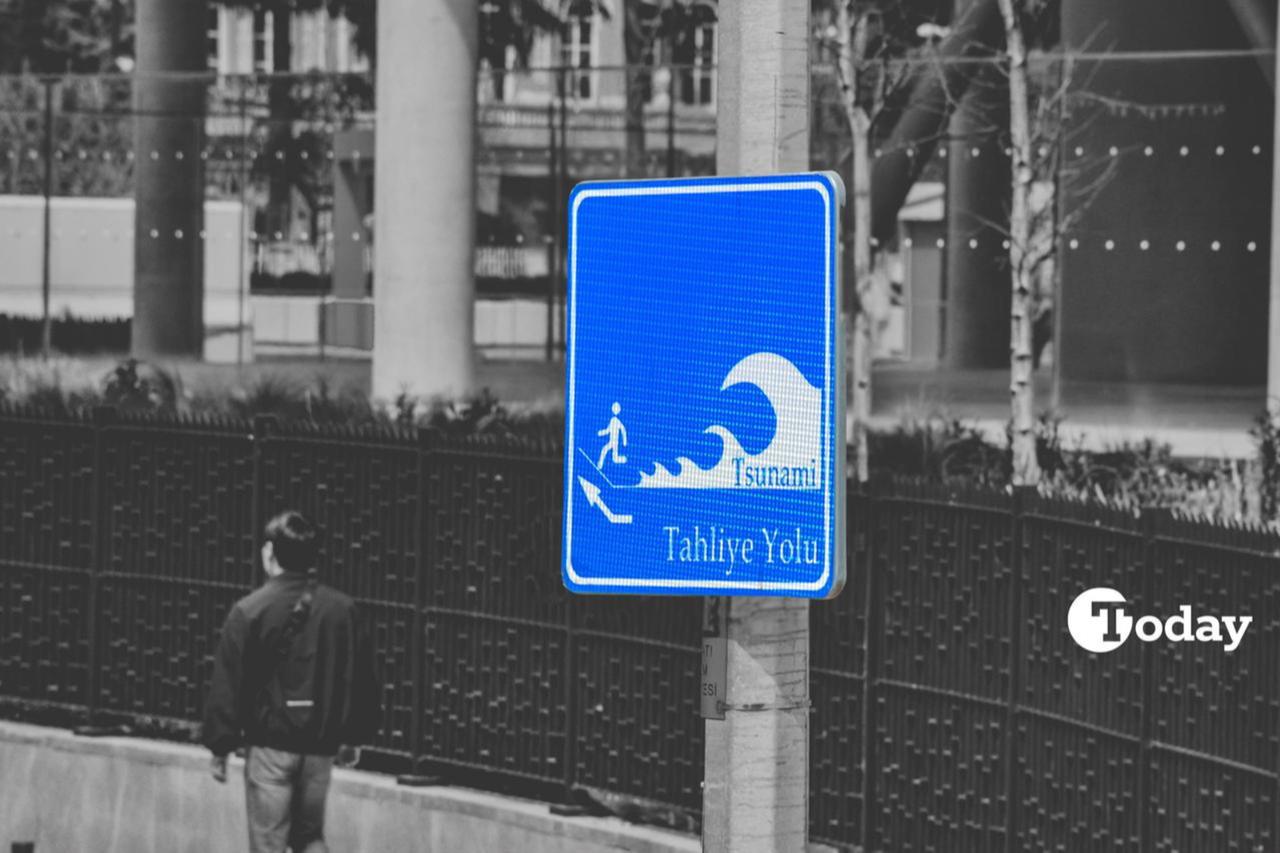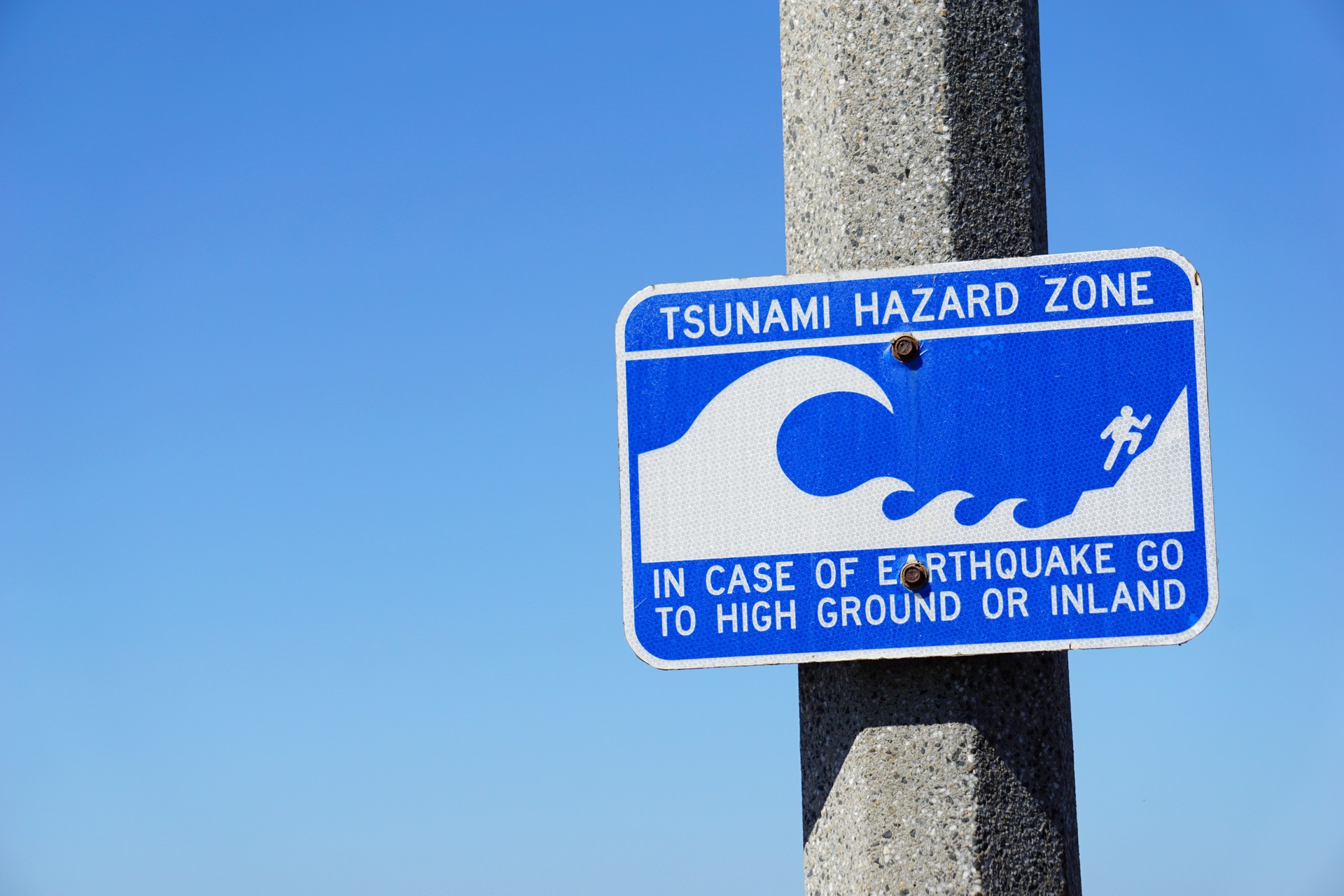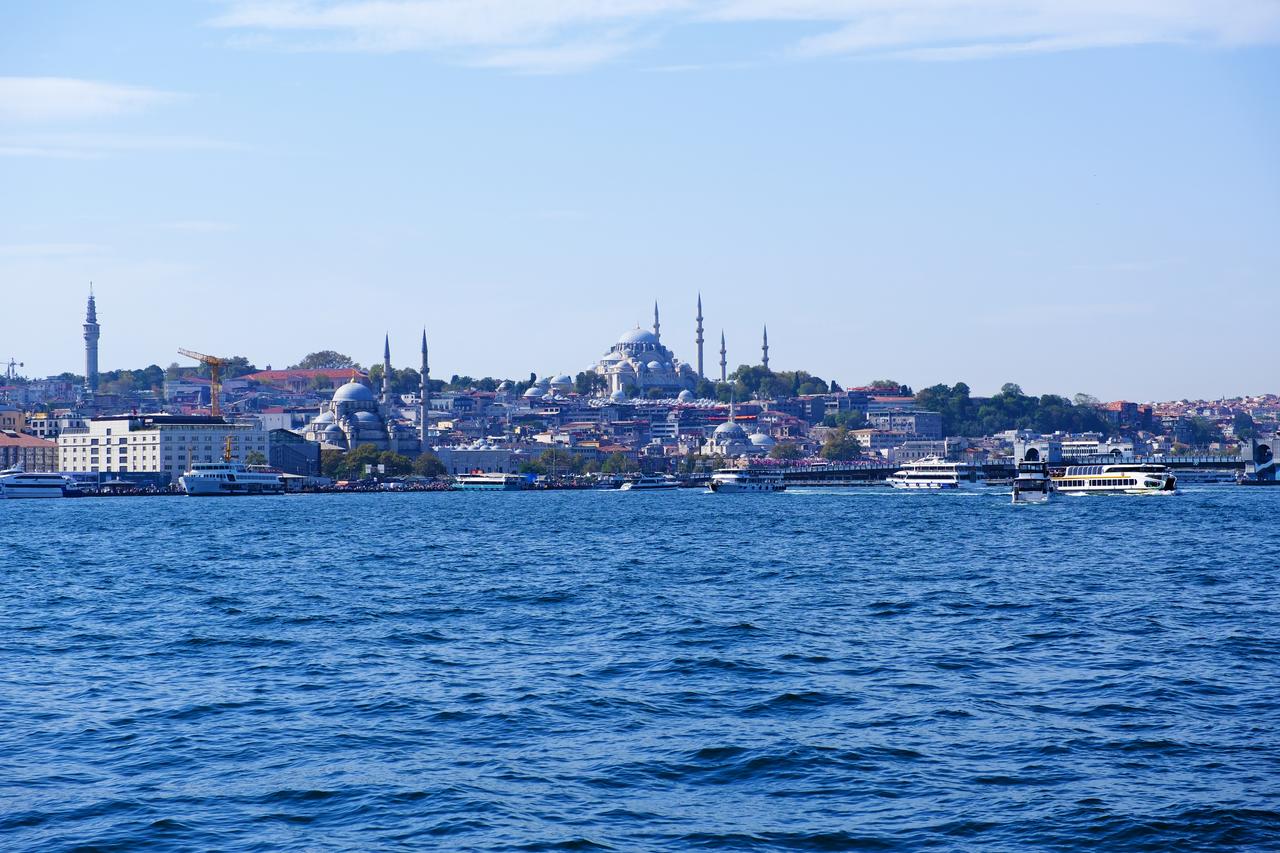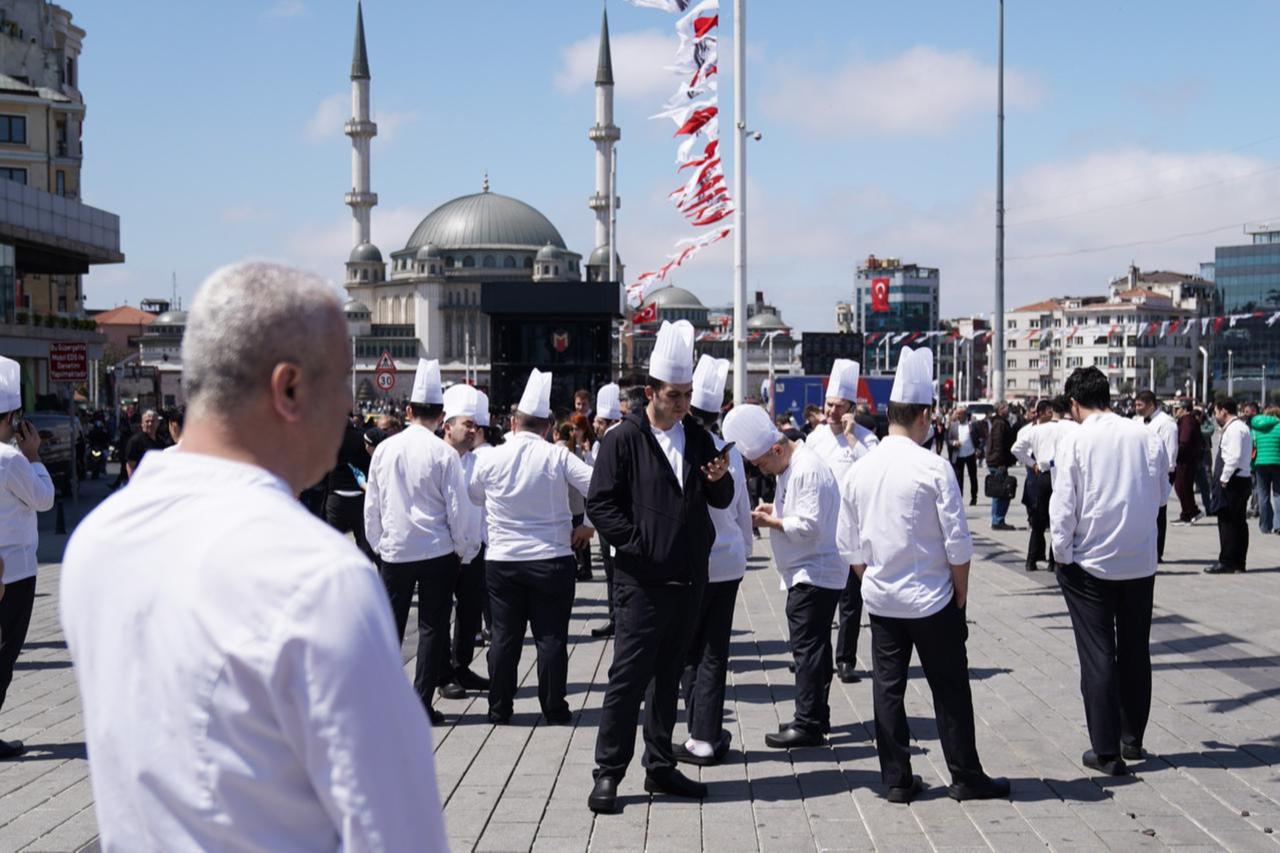
Authorities in Istanbul have launched new measures to prepare for the risk of a tsunami following a major Marmara earthquake.
The program focuses on Tuzla and Kartal, where drills, training sessions, and awareness campaigns will be carried out. Officials said the project aims to strengthen local readiness and prevent a natural event from turning into a disaster.
At a meeting organized under UNESCO’s Intergovernmental Oceanographic Commission, Istanbul Deputy Governor Mahmut Hersanlioglu said the goal is to reduce damage and protect citizens.
“Tsunami is a natural event. If we do not take precautions, it can turn into a disaster. We are working to prevent this,” he told participants. The meeting introduced the Coastwave Project, which has been implemented in 39 countries, including Türkiye.

Istanbul Disaster and Emergency Management Authority (AFAD) Director Haluk Ozener gave details of the project, saying it first began in Buyukcekmece two years ago and is now expanding to the Asian side.
“With this project, we will prepare Tuzla and Kartal to be tsunami-ready. We will organize drills, and the districts will receive certification,” he said. The plan also includes the distribution of awareness materials and the creation of clear emergency procedures.
Ozener explained that the system will define responsibilities during an emergency, from issuing the first warning to directing people to safety.
“Who gives the warning? Who makes the announcement? After receiving it, how do we act? We are making these procedures clear,” he said. Once the drills are completed, both districts will qualify for official recognition as “tsunami ready,” and similar work will be expanded to other parts of the city.

Officials also urged the public to avoid risky behavior in the immediate aftermath of an earthquake.
Ozener noted that many residents instinctively move toward the shoreline after feeling tremors, which could put them in danger. “Instead of going to the coast to watch the sea, people must move inland and seek higher ground,” he said.
Ozener added that natural events cannot be stopped, but their impact can be reduced. “We cannot prevent natural events, but we can stop them from turning into disasters by reducing risks. We will continue this work with the same effort and determination,” he said.
The Coastwave Project launch was attended by Tuzla Mayor Eren Ali Bingol, Kartal Mayor Gokhan Yuksel, Istanbul Metropolitan Municipality Disaster Department head Ergun Cebeci, and AFAD Disaster Management head Abdullah Ozcelik.

Experts continue to warn that Istanbul faces a growing risk of a powerful earthquake in the coming decades.
Professor Cenk Yaltirak, director of Istanbul Technical University’s Marmara Earthquake Research and Application Center, said the region has entered a new stage in its seismic cycle.
He explained that the probability of a major rupture has increased and stressed that it will occur “by 2065 at the latest.”
Yaltirak underlined that the danger is not a distant scenario.
“This does not mean we can wait until 2065. The process can start tomorrow,” he said.
He noted that the most vulnerable area is the Eastern Marmara fault, which also produced the devastating earthquake of 1509. He added that several fault lines could rupture at the same time, raising the potential magnitude to 7.8.
The risk is not limited to ground shaking. Yaltirak explained that researchers have identified 18 submarine landslides in the Marmara Sea. A strong earthquake could trigger these landslides and create a tsunami, threatening coastal districts of Istanbul and towns along the sea.
He warned that the combination of severe ground shaking and tsunami waves would present one of the most dangerous disaster scenarios for the region.